Common Dental Emergencies We Treat
At Brookside Family Dentistry, we handle a wide range of urgent dental issues, including:
Severe Toothaches & Pain Relief
Toothaches can indicate decay, infection, or damage. If you experience sudden or persistent pain, it’s essential to seek treatment before the issue worsens. Common causes include:
-
- Cracked or fractured teeth
Knocked-Out Teeth (Dental Avulsion)
If a tooth has been knocked out due to trauma or an accident, it’s crucial to act quickly to increase the chances of saving it. Follow these steps:
-
- Pick up the tooth by the crown (not the root).
-
- Rinse it gently with water, but do not scrub.
-
- Try to place the tooth back in the socket if possible. If not, store it in milk or saliva.
-
- Call our office immediately—timing is critical for reimplantation.
Chipped, Cracked, or Broken Teeth
A chipped or broken tooth can weaken the structure and leave it vulnerable to infection. Depending on the severity, treatment may include:
-
- Dental bonding or fillings
-
- Root canal therapy (if the damage reaches the pulp)
Lost Fillings or Crowns
If a filling or crown falls out, the affected tooth is left unprotected and may become sensitive or painful. Try to:
-
- Keep the crown if possible and bring it to your appointment
-
- Avoid chewing on the affected tooth
-
- Call our office for prompt treatment
Abscessed Tooth & Infections
A dental abscess is a serious infection that forms at the root of a tooth or in the gums. Symptoms include:
-
- Swelling in the face or gums
Left untreated, an abscess can spread to other areas of the body, making emergency treatment essential. Root canal therapy or extraction may be necessary to remove the infection.
Soft Tissue Injuries (Gums, Lips, or Tongue)
If you experience a cut or injury to your gums, lips, tongue, or cheeks, apply gentle pressure to stop the bleeding and seek treatment if bleeding persists after 15 minutes.
What to Do in a Dental Emergency
If you’re experiencing a dental emergency, follow these steps:
-
- Call Brookside Family Dentistry immediately at (636) 240-1750.
-
- Describe your symptoms so we can determine the urgency.
-
- Follow any first-aid instructions given by our team.
-
- Visit our office as soon as possible for treatment.
Prompt care can make a significant difference in saving a tooth and preventing further complications.
Preventing Dental Emergencies
While some dental emergencies are unavoidable, there are steps you can take to minimize your risk:
-
- Brush and floss daily to prevent decay and gum disease.
-
- Visit your dentist twice a year for exams and cleanings.
-
- Wear a mouthguard during sports activities.
-
- Avoid chewing hard foods, ice, or non-food objects.
-
- Address dental concerns early before they become emergencies.
Same-Day Emergency Dental Care in O’Fallon, MO
At Brookside Family Dentistry, we understand that dental emergencies can be stressful and painful. That’s why we offer same-day emergency appointments to provide fast relief and quality care. If you are experiencing a dental emergency, don’t wait—contact us right away for urgent treatment.
FAQs
What qualifies as a dental emergency?
A dental emergency includes severe tooth pain, knocked-out teeth, fractures, abscesses, swelling, uncontrolled bleeding, or any issue that prevents normal eating or speaking.
How quickly should I seek treatment for a dental emergency?
You should contact the dentist immediately. Same-day care is recommended for issues like severe pain, swelling, or a knocked-out tooth to prevent further complications.
What should I do if my tooth is knocked out?
Handle the tooth by the crown, avoid touching the root, gently rinse it, and place it back in the socket if possible. Otherwise, keep it in milk and seek emergency dental care right away.
Can I go to the ER for a dental emergency?
The ER can help with pain or infection, but they typically cannot provide dental treatment. Seeing an emergency dentist ensures the problem is treated at its source.
How do I know if I have a dental abscess?
Signs include swelling, severe pain, fever, a pimple-like bump on the gums, and sensitivity to chewing. Abscesses are serious infections and require prompt treatment.


